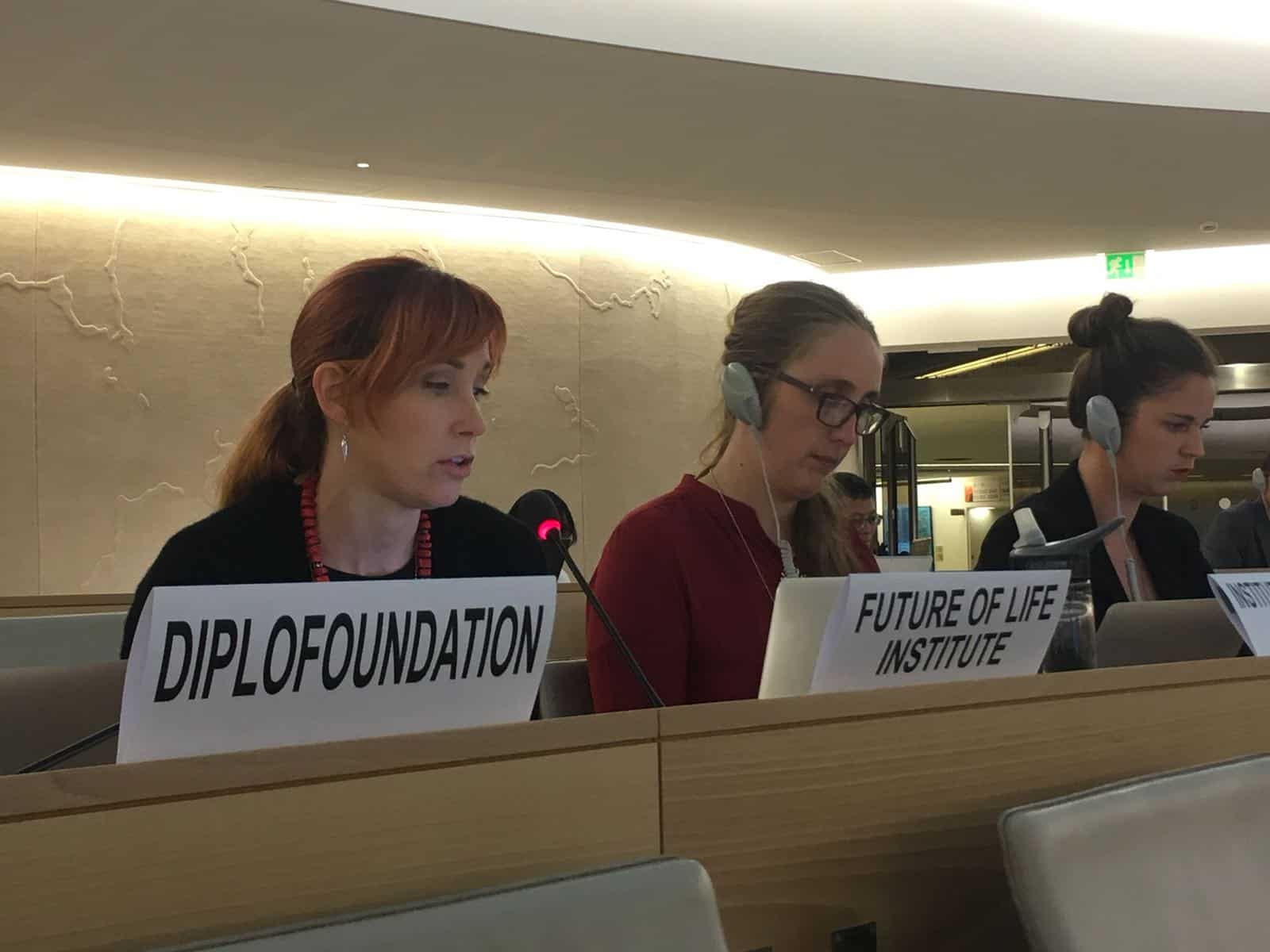Global AI governance at the UN
FLI works with international organizations and governments around the world to help ensure AI is developed and deployed safely, responsibly, and for the benefit of humanity.
Our involvement with the UN's work spans several years and initiatives, including the Roadmap for Digital Cooperation and the Global Digital Compact (GDC). We have also produced and published specific recommendations to help advise stakeholders at other key opportunities for governance, such as the United Kingdom’s AI Safety Summit.
Why does the UN matter for AI governance?
As a forum with universal representation, the United Nations (UN) is the one organisation where all countries can participate in a conversation about AI governance.


What AI governance work has FLI done with the UN in the past?
FLI's involvement with the UN's work spans several years and initiatives. For example, we were invited to co-champion the AI initiative within the Roadmap for Digital Cooperation. Together with the governments of Finland and France, the UN Global Pulse, UNESCO, and the office of special advisor Hochsild, we recommended the creation of a multi-stakeholder advisory body on global AI cooperation to:
- Build global capacity for the development and use of AI;
- Address the lack of representation and inclusiveness in global discussions; and,
- Harness AI to support the Sustainable Development Goals.

What is FLI currently focused on at the UN?
In 2024, the UN will organize a Summit of the Future with a technology track known as the Global Digital Compact. FLI works with the UN to ensure that the Compact properly addresses AI governance.
In our own feedback to the UN Secretariat, we highlighted four issues in AI governance: risk identification and mitigation, technological partnership, shared benefit and prosperity, and loyalty. In addition, we have brought together 25 organizations and collected their views on the future Compact.
